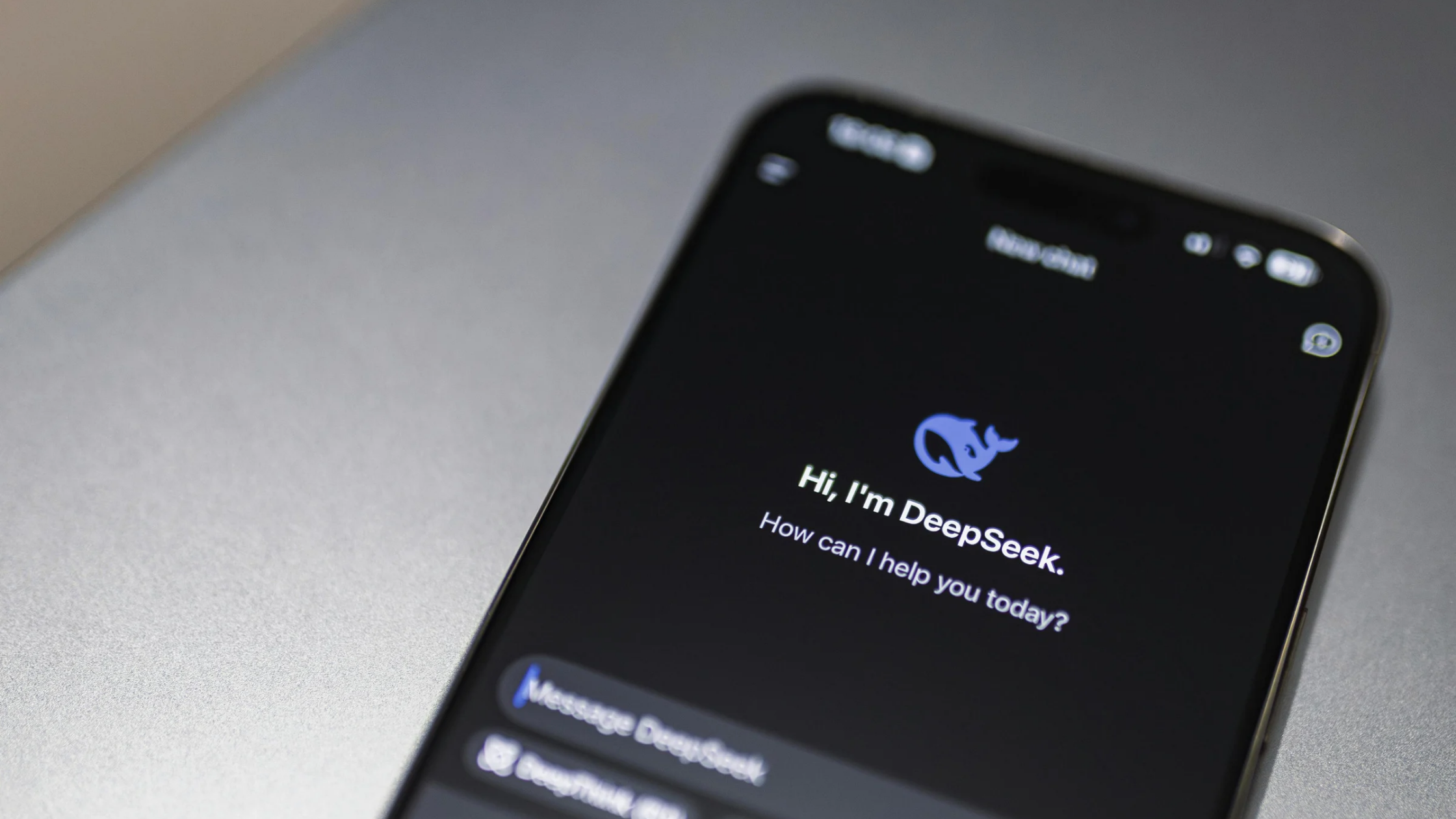What is DeepSeek?
DeepSeek is a Chinese technology company that has made a significant breakthrough in artificial intelligence (AI). Unlike major players like OpenAI and Google, which rely on costly Nvidia chips and massive data centers, DeepSeek has found ways to develop powerful AI systems with more affordable hardware and optimized software. This is akin to building a high-performance car using innovative engineering rather than expensive parts.
Why This Matters
For years, the AI industry was dominated by Western companies that relied on expensive infrastructure. Companies like Nvidia built an empire by convincing the world that AI required billion-dollar investments in GPUs and data centers. This led to Nvidia becoming the most valuable company globally as tech leaders such as Elon Musk, Larry Ellison, Mark Zuckerberg, and Sam Altman poured billions into acquiring AI infrastructure.
DeepSeek is changing this narrative by proving that AI development doesn’t have to be prohibitively expensive. They have demonstrated that a capable AI system can be built for a fraction of the cost, challenging the notion that AI innovation is exclusive to companies with deep pockets. When DeepSeek unveiled its technology, US markets reacted swiftly—Nvidia alone lost half a trillion dollars in market value in a single day, and collectively, AI-related companies in the US lost over a trillion dollars.
The Rise of DeepSeek-R1 and Blackwell Architecture
The release of DeepSeek-R1 coincides with Nvidia’s upcoming Blackwell architecture, which boasts 20 petaflops of FP4 compute, setting a new standard for AI performance (NVIDIA, 2024). This could redefine industry benchmarks, making AI models even more powerful and efficient.
DeepSeek-R1 is not just a theoretical model—it has demonstrated advanced capabilities in reasoning, mathematics, and coding. It has successfully tackled complex real-world problems such as those from the American Invitational Mathematics Examination, showcasing its readiness for high-level applications (DeepSeek, 2024). Additionally, its ability to generate up to 3,872 tokens per second on Nvidia’s hardware signifies a leap in real-time AI interactions, transforming sectors like customer service and real-time analytics (NVIDIA, 2024).

Ethical and Geopolitical Considerations
DeepSeek-R1’s integration into Nvidia’s services raises ethical concerns, particularly in light of OpenAI’s allegations that DeepSeek may have used their models for training. This brings AI ethics and intellectual property rights into the spotlight, fueling the ongoing debate over fair AI development practices (OpenAI, 2024).
The release of DeepSeek-R1 also has geopolitical implications. As AI technology becomes more strategic, this move could shift the balance of global tech dominance, reflecting broader tensions in AI development between major economies (Reuters, 2024). The model’s affordability challenges the existing AI infrastructure economy, potentially altering how AI research and development are funded worldwide.
Impact on Global Markets
DeepSeek’s innovation is already reshaping the global AI landscape:
- Tech Stocks React: Companies that depended on expensive AI infrastructure saw their market values decline as investors reassessed the industry’s future (Financial Times).
- Shifting Investments: The focus is shifting from high-cost AI models to efficient, cost-effective alternatives.
- Opportunities for Other Nations: The lowered cost barrier means countries outside the traditional tech powerhouses, including those in Africa, can now enter the AI race with significantly reduced financial constraints.
What This Means for Africa
New Opportunities
- More Affordable Technology: African governments and businesses can now integrate AI solutions without requiring billion-dollar budgets.
- Local AI Solutions: With AI becoming more accessible, African companies can develop tools for:
- Agriculture: AI can predict weather patterns and detect crop diseases, improving food security (World Economic Forum).
- Healthcare: AI-driven diagnostics can help doctors detect diseases like malaria and tuberculosis early (WHO).
- Education: AI-powered platforms can personalize learning for students, improving literacy and technical skills (UNESCO).
Challenges to Consider
- Infrastructure Needs: While AI is becoming cheaper, it still requires:
- Reliable internet access (Africa’s average internet penetration is around 40%, according to Statista).
- Basic computing resources and data storage facilities.
- Skilled professionals to build and maintain AI systems.
- Data and Privacy Concerns: With more AI comes the need for regulations around:
- Data security: Ensuring personal information is protected.
- Data ownership: Clarifying who controls AI-generated insights.
- Ethical AI use: Preventing biases in AI algorithms.
Looking to the Future

Opportunities
- Innovation Hubs: Cities like Nairobi, Lagos, and Cape Town could emerge as AI research and development centers.
- Job Creation: The AI sector could generate millions of new jobs in data science, software engineering, and AI ethics (McKinsey).
- Improved Public Services: AI can streamline government operations, enhance healthcare, and improve education systems.
Steps for Success
- Education & Training: Expanding AI-related courses and bootcamps to develop local expertise.
- Policy Development: Implementing AI regulations that encourage innovation while protecting citizens.
- Infrastructure Investment: Expanding internet access and cloud computing capabilities.
- International Partnerships: Collaborating with AI firms and research institutions globally while maintaining Africa’s technological sovereignty.
Conclusion
DeepSeek’s breakthrough could level the playing field in AI, opening doors for African nations to:
- Develop homegrown AI solutions.
- Address local challenges with tailored technologies.
- Create new opportunities for a young, tech-savvy population.
The key is proactive planning—ensuring Africa is not just a consumer of AI but an active innovator. With the right investments in infrastructure, education, and policy, Africa could emerge as a global leader in affordable AI development.









Leave a Reply